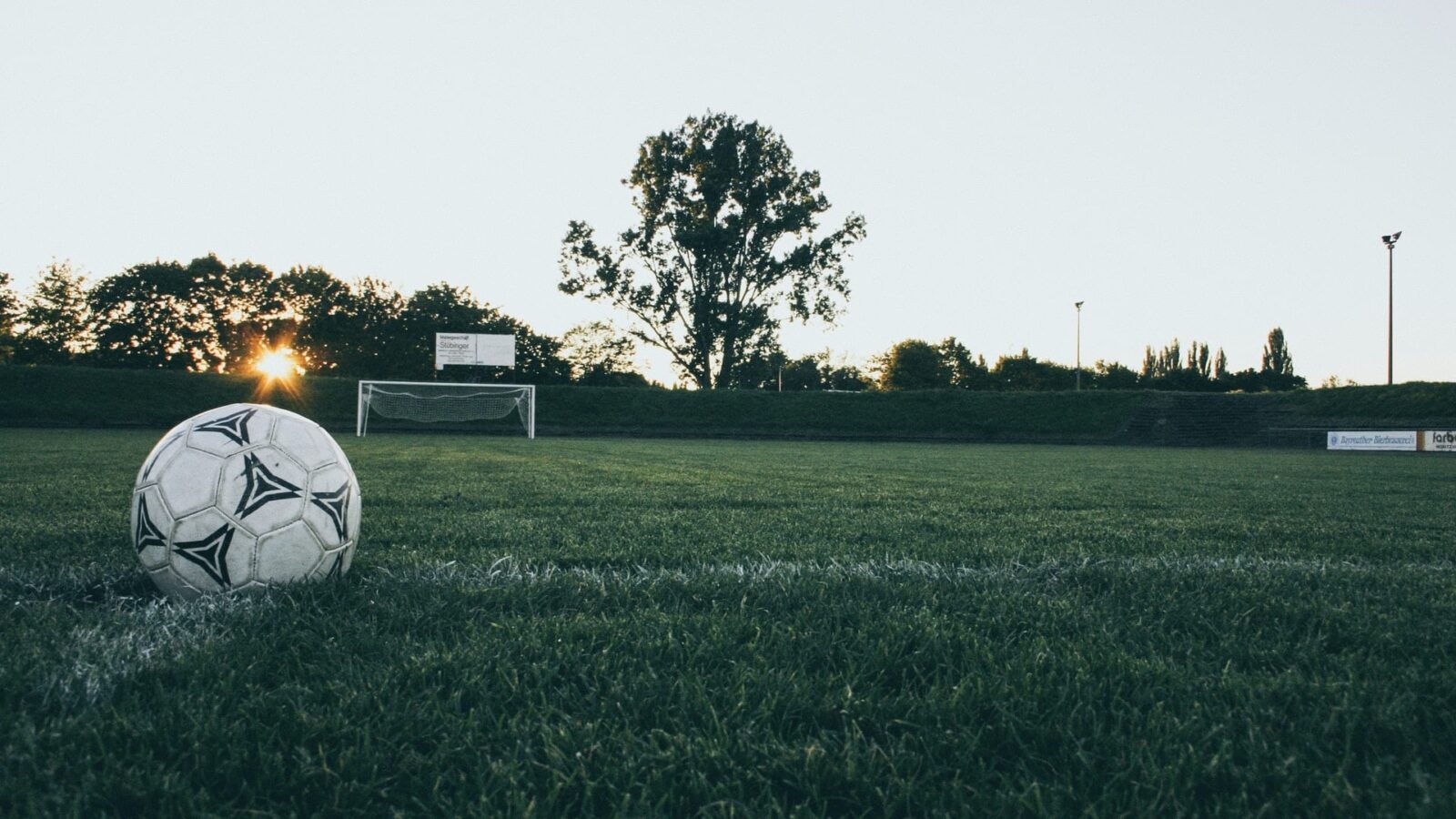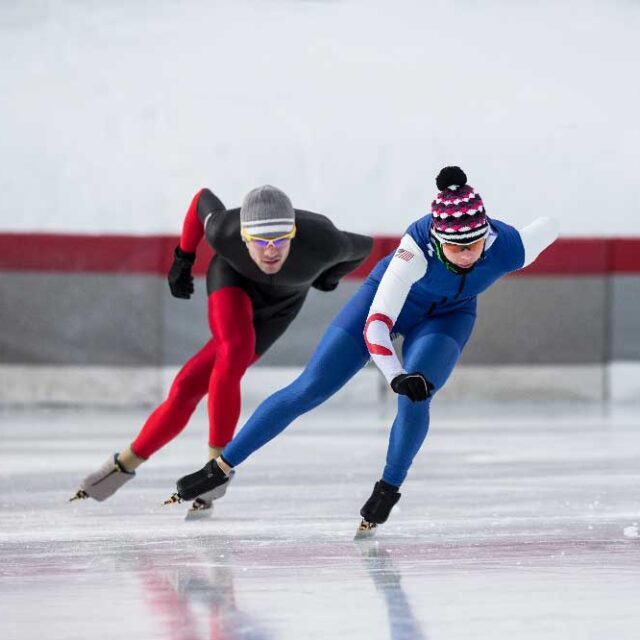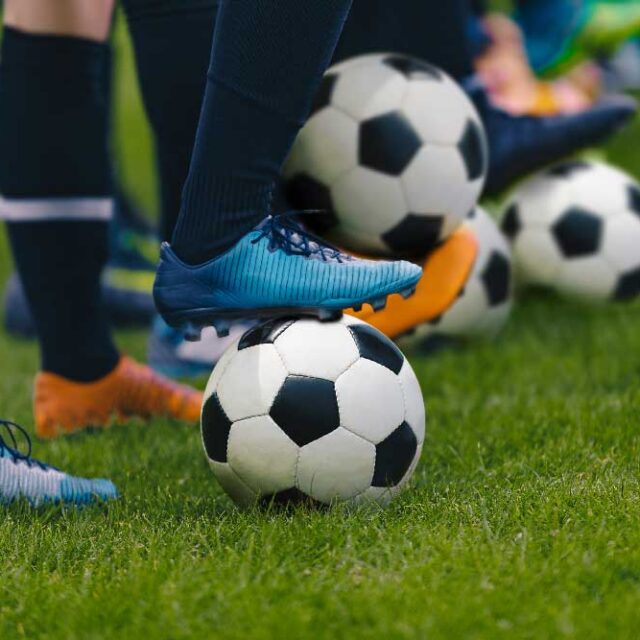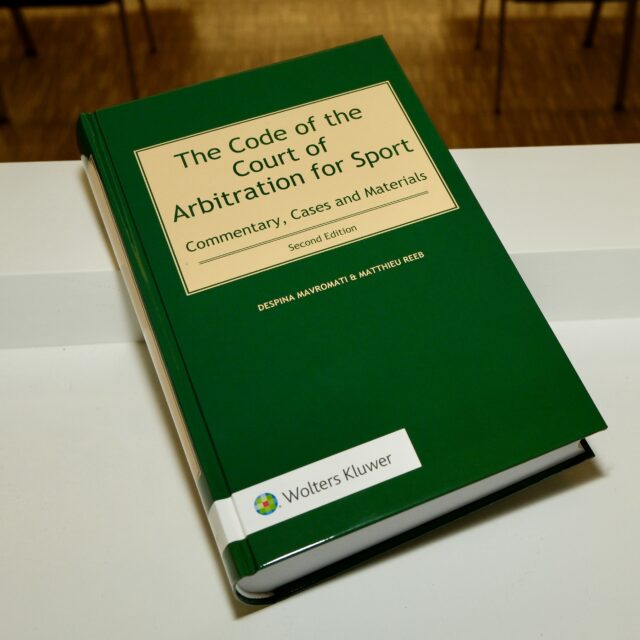4A_626/2020, Judgment of 15 March 2021, appeal against the CAS decision of October 30, 2020 (CAS 2020/A/7283)
This is a relatively interesting case related to the calculation of time limits to file an appeal in accordance with the CAS Code and the consequences of the alleged non-compliance with such time limits.
In a football contractual dispute that was first adjudicated by the FIFA Dispute Resolution Chamber (DRC) and was brought by all parties before the CAS in consolidated appeal proceedings, the Swiss Federal Supreme Court confirmed its previous jurisprudence that the non-compliance with the time limits to file an appeal is an admissibility condition. One of the appellants had requested a second extension of 5 days on 18 September 2020. In accordance with CAS practice, since such request was filed before the time limit had lapsed, the CAS suspended the time limits and invited the other parties to comment on such request. Following the other parties’ refusal, the CAS Division President decided to grant the request for extension (of five days) and lifted the suspension with immediate effect on 23 September 2021. The appellant filed its request five days later, on 28 September 2020.
Upon the constitution of the panel, the other parties requested the panel to deal with the admissibility of the appeal as a preliminary issue. The panel confirmed the decision rendered by the Division President and thus the admissibility of the filing of the appeal brief.
The other parties filed a motion to set aside the panel’s decision to declare the appeal brief admissible and requested the annulment of said decision and the termination of the proceedings in accordance with Article R51 CAS Code. They also requested the suspension of the federal proceedings until the issuance of the final CAS award. Said request was denied by the Swiss Federal Supreme Court since the decision of the Panel was already rendered and was not likely to change with the final award, so that it could not have any influence on the award that would be rendered at a later stage.
In its short judgment, the Swiss Federal Supreme Court reiterated its essential principles on admissibility including the requirement to appeal against an “award” (at 3). As such, what is important is not the name of the decision but rather its content. While a partial award may be challenged for all grounds listed in Art. 190 (2) PILA, an interim award can only be challenged on the grounds of irregular constitution of the panel or erroneous judgment on jurisdiction.
The Swiss Federal Supreme Court dismissed the arguments raised and considered the challenge inadmissible. It repeated its previous jurisprudence whereby the compliance with the time limit to appeal to the CAS is a condition for the admissibility of the appeal, which does not relate to the jurisdiction of the tribunal (see the Sun Yang judgment 4A_413/2019 of 28 October 2019, at 3.3.2). The Federal Supreme Court further distinguished between the present case and another case of non-compliance with a mandatory prerequisite for the implementation of a commercial arbitration and even left the door open to extend the scope of the Sun Yang judgment (4A_413/2019) to other situations but did not deal with this issue any further.








